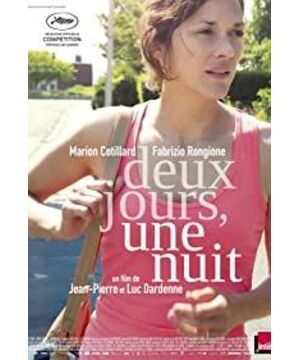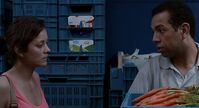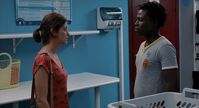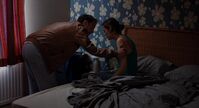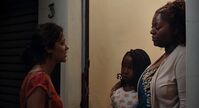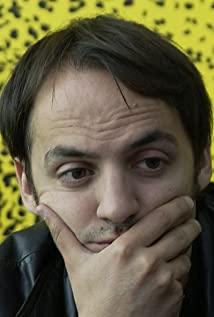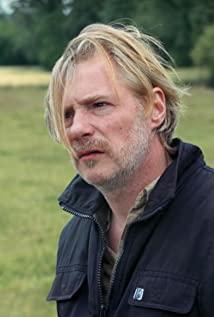What I want to talk about is the variety show I watched some time ago, and the topic that Qi Hua said: should I blow up Jia Ling? In the end, both hosts chose not to act. Actually I think so too. The life and death of an innocent person cannot be decided by a majority vote.
There is also this game in the movie. In order to be close to life, the bargaining chip set is not high: if the big ring mirror is not good, the company must go alone. The protagonist will be voted by other employees. The employee faces a choice, whether to give up the 1,000 euros or let the protagonist lose his job.
This bureau can also be said to be set up by the boss, who threw the problem to the employees below. Of course, the objective reason is that the economy is not good. If people like chickens and pigs don’t have enough feed, and as a result, chickens fight with chickens, pigs fight with pigs, there is no need to think that this is a man-made food shortage.
The film's performance is the villain's distraction and highlights the protagonist's struggle.
In fact, employees are all disadvantaged parties, and they made the most primitive choices when faced with their own interests. It's good to think about it from your own point of view.
I think the purpose of human evolution and pursuit: material pursuit of pleasure; spiritual abandonment of some primitive animal nature, the pursuit of altruism. But it is definitely not the law of the jungle, because neither the description of Shangri-La nor the description of heaven has the meaning of the law of the jungle (the Chinese Heavenly Court and the Greek apotheosis are still very strict).
There is a famous line in "Spider-Man": "With great power comes great responsibility". Those who have the ability and resources should help those who do not have all kinds of resources, are on the edge of survival, and are below the poverty line. Don't simply think that the success you have is through your hard work and hard work. Because everyone has the subjective desire to change the status quo, and will try to change the status quo, but because of the limited and unbalanced distribution of various resources, or other factors, these people cannot change much through efforts. To put it simply and rudely, their lazy attitude is indifferent and childish.
The protagonist of "Two Days and One Night" also worked hard, but the reality did not allow her to win the final vote because of her hard work. When in the end she had hope to keep the job, she gave up the job for others, how kind she is. She gained confidence and strength. The story ends here.
Some people will say: She has self-confidence and strength, but she can look for a job again. Of course in an open environment it is certainly possible. But in a closed environment, she is the one who was eliminated by the law of the jungle.
Those who have the ability and responsibility are precisely those who try to avoid and prevent this paradox from happening.
View more about Two Days, One Night reviews


